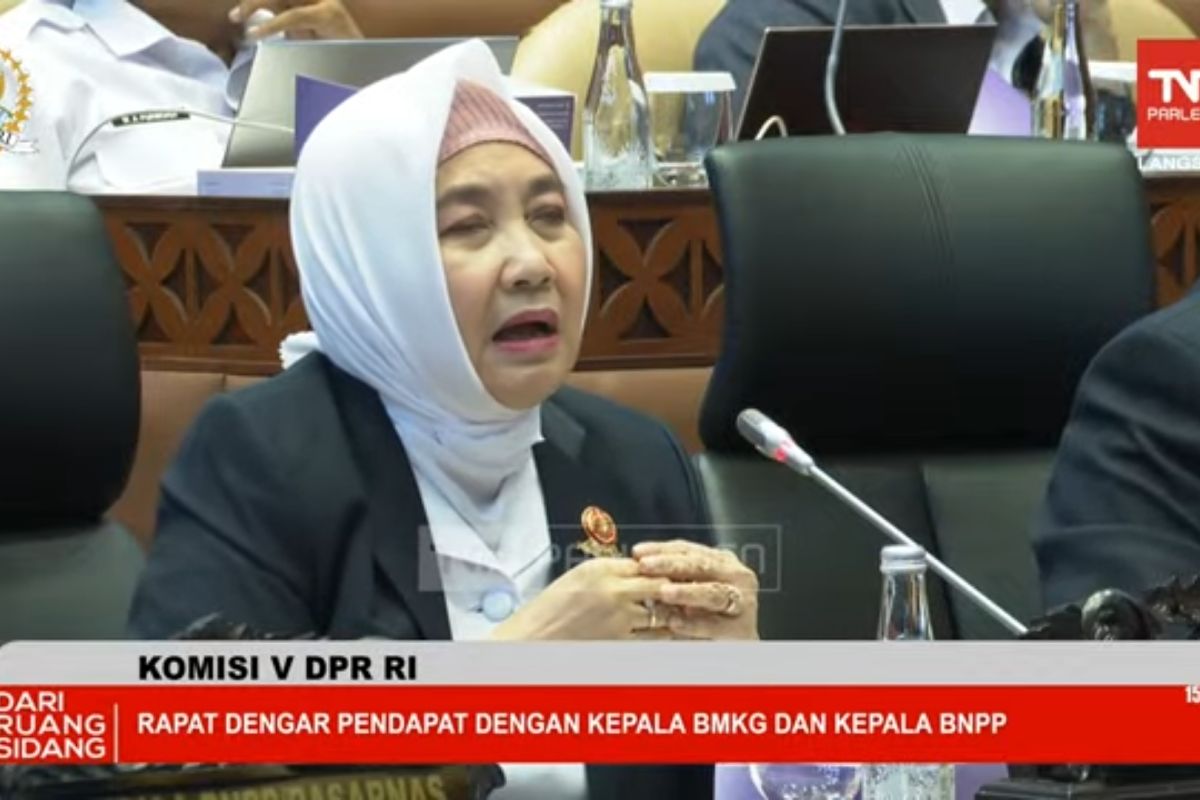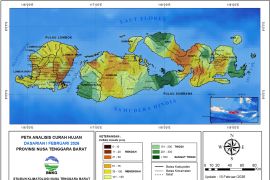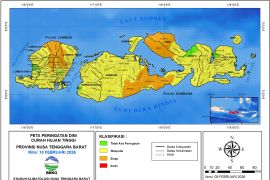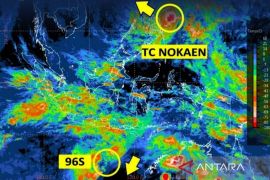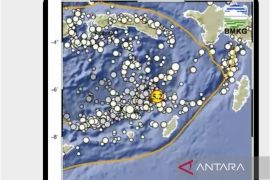Jakarta (ANTARA) - The Meteorology, Climatology, and Geophysics Agency (BMKG) is planning to install up to 12 greenhouse gas (GHG) monitoring towers at various locations for accurate climate change observations.
This was conveyed by BMKG head Dwikorita Karnawati to Commission V of the House of Representatives (DPR) during a meeting here on Tuesday.
Baca juga: BMKG menyerap pengalaman ilmuwan dunia peringatan dini tsunami nonseismik
"We are planning to install 11–12 towers across Indonesia with a height of up to 100 meters; they will monitor the greenhouse gas," she said.
This is part of a Global Greenhouse Gas Watch (G3W) and Integrated Global Greenhouse Gas Information System (IG3IS) initiative to support efforts to reduce GHG emissions and absorption based on the latest observations and science, she informed.
She underlined that monitoring is essential to identify sources of pollution and regions that have the potential to absorb GHG.
Baca juga: BMKG sokong ketahanan pangan nasional
This information, she explained, is needed to devise policies and mitigation strategies for climate change that are more effective in reducing the impact of the global temperature increase, which is becoming more significant.
Karnawati added that the BMKG has conveyed the planned locations for the towers to the Coordinating Ministry for Human Development and Culture so that they can be readied for the installation next year.
"This weekend there will be a national coordination meeting with related ministries and agencies to discuss the next steps," she said.
With more integrated GHG monitoring, the BMKG hopes to support climate change mitigation efforts and provide more accurate data for formulating science-based policies.
Pewarta : Andi Firdaus, Raka Adji
Editor:
I Komang Suparta
COPYRIGHT © ANTARA 2026
